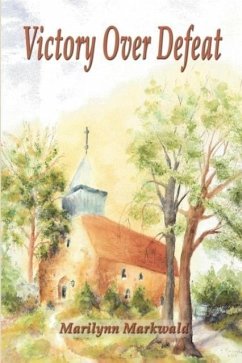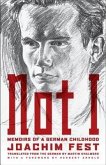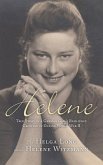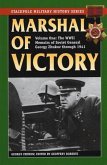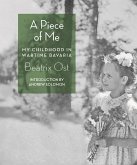In 1949, on a blind date, I was introduced to a charming student from Germany who was studying at the Chicago Lutheran Theological Seminary in Maywood (Chicago suburb), Illinois. Eight months later Rudi Markwald and I were married. During the first years of our marriage he was reluctant to talk about his war experiences, but as time passed, while he was serving parishes from Illinois to Santiago, Chile, and we were rearing four children, he began to talk about the years of growing up in Berlin during the rise of Hitler; of serving three years in the Luftwaffe in Russia; and as infantryman at the Battle of the Bulge. With the self-assurance of a true mystic, he told of his turn around confrontation with God while he was a prisoner of war. During numerous visits to post-war Berlin I came to know his family and friends. I played cards and board games with them while listening to their stories -- stories told by ordinary, non-political people who had been caught under a totalitarian government that was relentless and unyielding toward anyone who thought "outside the box." I tried to persuade Rudi to write all this down, but his reply was always, "Who would want to read it? We were not heroes, resistance fighters, religious objectors or political agitators. We were just ordinary, middle class citizens who struggled through WWI, inflation, anarchy, depression, National Socialism, war and defeat -- hoping after each crisis that things would get better." He did admit to keeping some abbreviated diaries, which I eagerly opened, but the entries were in his own German shorthand, which I could not decipher. Finally he agreed that perhaps the grandchildren would find a small memoir interesting, but he insisted that I write it, because he was busy writing some church history paper. In close consultation with him, and in his voice, I began piecing together a chronological account of his life before our marriage. The events are actual, but because his memory was fading, I reconstructed some conversations and changed the names of most (not all) of the characters. The narrative was finished and waiting for publication, but Rudi did not live to see his memoir published. At the age of 91 his heart gave out, and he died -- in the faith that he lived and preached for sixty years.
Hinweis: Dieser Artikel kann nur an eine deutsche Lieferadresse ausgeliefert werden.
Hinweis: Dieser Artikel kann nur an eine deutsche Lieferadresse ausgeliefert werden.

